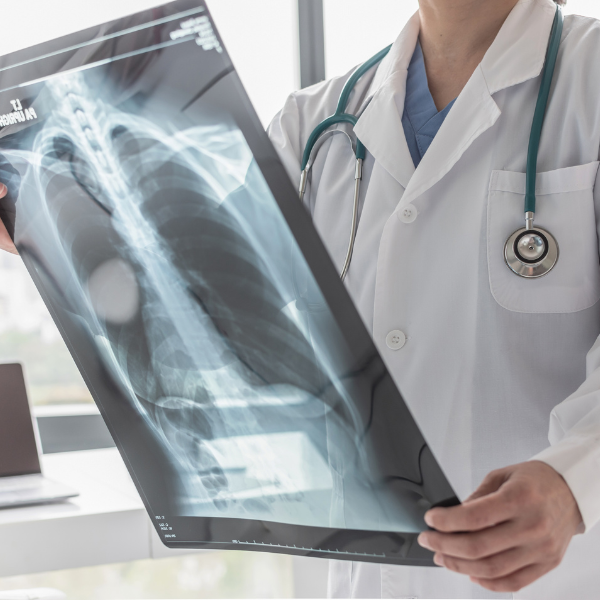It is called ‘Risp’, which stands for Rete Italiana di Screening Polmonare (Italian Lung Screening Network), and is a programme of the Ministry of Health for the early diagnosis of lung cancer.
The goal of Risp programme is to involve over 7,300 people by periodically monitoring them with low-dose computed chest tomography.
“85 per cent of lung cancer is due to tobacco: lung cancer is responsible for the highest number of oncological deaths in Italy: 34,000 in 2021, about 60 per cent of which (i.e. 20,400 deaths) concern heavy smokers”, underlines Saverio Cinieri, president of the Italian Association of Medical Oncology (Aiom). “Low-dose CT scan is a promising life-saving strategy, but to date it is not yet part of clinical practice and screening programmes reimbursed by the National Health Service. However, RISP can represent a real cultural change”.
Tobacco is responsible for more than 90,000 deaths every year in Italy. From cancer, but not only: if cigarettes are associated with the onset of about one out of three neoplasms and as many as 17 different types of cancer, it is now clear that tobacco is certainly responsible for 40 diseases. Smoking, in particular, raises the possibility of damage to the heart, the circulatory system (starting with heart attack, stroke, arteriosclerosis) and the entire respiratory system (emphysema and chronic obstructive bronchitis, to name but a few examples). With Low-Dose Computed Tomography (or LDCT), participants in the RISP programme will not only have their lungs monitored, but also their heart. It is a simple assessment: it lasts only a few seconds, without contrast agents and with a very low radiation dose of less than one-tenth of standard LDCT. In addition to the benefits for patients, who have a better chance of recovery with early diagnosis, there are also positive aspects for the NHS, which saves the high costs of treating advanced disease.
Lung cancer remains a fearsome big killer because almost 80 per cent of patients arrive at the diagnosis late, when the disease is already in an advanced stage and the chances of recovery are unfortunately slim (of the 41,000 new cases registered each year in Italy, 32,800 are already in an advanced stage). The neoplasm, in fact, does not give obvious signs of its presence in the early stages and, when it does, it is generally in a metastatic phase already.
Participation is completely free of charge and those who meet the required characteristics can apply via the web (by registering in the portal www.programmarisp.it and indicating the closest centre to their place of residence) or ask the oncology, pulmonology and cardiology centres involved in the recruitment phase.

